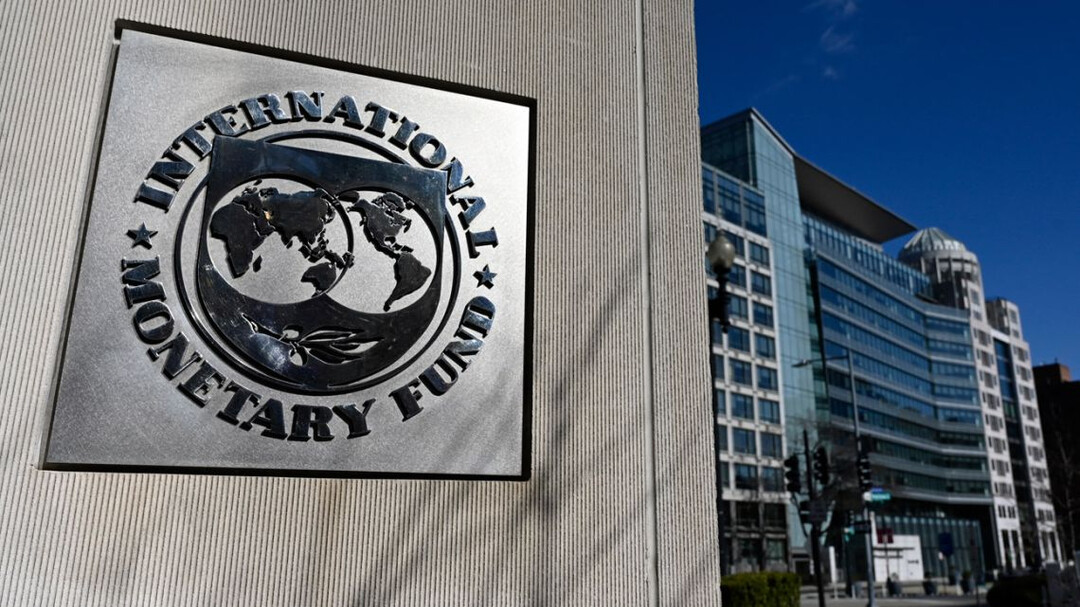
Washington D.C. - The International Monetary Fund (IMF) has issued a stark warning regarding a significant deceleration in global economic growth anticipated for 2025, primarily attributed to the escalating trade protectionism emanating from the United States. The IMF's latest World Economic Outlook (WEO) report underscores that the newly implemented tariffs by Washington, coupled with retaliatory measures from its trade partners, constitute a substantial negative shock to the global economic landscape, with emerging and developing economies, including those in Latin America, facing heightened vulnerability.
This cautionary note arrives as Argentina navigates a complex economic terrain. The IMF's recent staff report projected a robust 5.5% GDP growth for the nation, alongside an inflation rate hovering between 18% and 23% annually. However, the broader global headwinds, particularly the burgeoning trade tensions, cast a shadow over these domestic projections.
The United States has progressively ratcheted up tariffs, culminating in a significant barrage of measures on April 2nd. This aggressive trade policy stance has propelled effective tariff levels to heights unseen in over a century. The IMF's analysis indicates that this pivot towards protectionism will inevitably lead to inflated costs, heightened trade friction, and a palpable increase in uncertainty. Such an environment is expected to dampen investment appetite and curtail the dynamism of international commerce. The speed and unpredictability with which these measures have unfolded have further complicated the IMF's forecasting efforts and exacerbate the fragility of the ongoing global economic recovery.
In this global arena, heavily influenced by the potential for further protectionist policies, Argentine Economy Minister Luis Caputo is currently in Washington D.C. for the IMF spring meetings. His agenda includes crucial discussions with IMF Managing Director Kristalina Georgieva and presentations to investors, where the implications of this shifting global landscape will undoubtedly be a key focus.
The IMF has already quantified the anticipated global impact, revising its global growth forecasts downward for both 2025 and 2026. The world economy is now projected to expand by 2.8% in 2025 and 3.0% in 2026, a notable decrease from the 3.3% projected for both years in the January report. This cumulative downward revision of 0.8 percentage points underscores the severity of the anticipated slowdown. These revised figures fall significantly short of the 3.7% average growth witnessed between 2000 and 2019.
Advanced economies are expected to bear a considerable brunt of this slowdown, with projected growth for 2025 falling to 1.4%. The United States, in particular, is forecast to decelerate to 1.8%, a substantial 0.9 percentage point reduction from previous estimates. The confluence of uncertainty, trade tensions, and weakened demand accounts for this downward revision. The Eurozone is also projected to experience slower growth, at 0.8%, a slight 0.2 percentage point decrease.
The outlook for emerging markets and developing economies has also dimmed, with growth revised down to 3.7% for 2025. The IMF report explicitly highlights that economies with greater exposure to the new trade measures, with specific mention of China, are likely to be the most affected. Consequently, Latin America, heavily reliant on international trade and financial flows, finds itself in a vulnerable position.
While the WEO does not dedicate a specific section to Argentina beyond the figures in the recent staff report, the broader implications of trade tensions for emerging markets, particularly those grappling with high debt levels and dependence on industrial or agricultural exports – characteristics pertinent to Argentina – are significant. The IMF cautions that exchange rate volatility and capital flow movements could intensify, posing negative consequences for nations with external imbalances or limited fiscal buffers.
The report further identifies other significant risks to the global economic outlook, including escalating geopolitical tensions, abrupt shifts in capital flows, and sharp adjustments in currency markets. The potential for an expansion of the trade conflict or unilateral responses from other nations amplifies the probability of a more substantial disruption to international trade. The pressure on currencies, sovereign bonds, and emerging market assets could intensify if de-escalation in trade disputes is not achieved.
Against this backdrop, the IMF urgently calls for coordinated policy actions and a reduction in trade tensions. "Countries must work constructively to promote a stable and predictable trade environment," the report emphasizes. Domestically, the IMF advises nations to restore fiscal space, advance structural reforms, and maintain tight monetary policies to safeguard price and financial stability. For emerging markets, the IMF suggests that "selective intervention in foreign exchange markets" may be necessary to mitigate episodes of volatility, alongside the activation of macroprudential tools if signs of stress emerge.
The IMF concludes on a note of potential relief, stating that a possible reversal of the tariffs and the signing of new trade agreements could provide a boost to global growth. "A de-escalation from current levels and new agreements that provide clarity and stability in trade policies could lift global growth."
[Copyright (c) Global Economic Times. All Rights Reserved.]






























